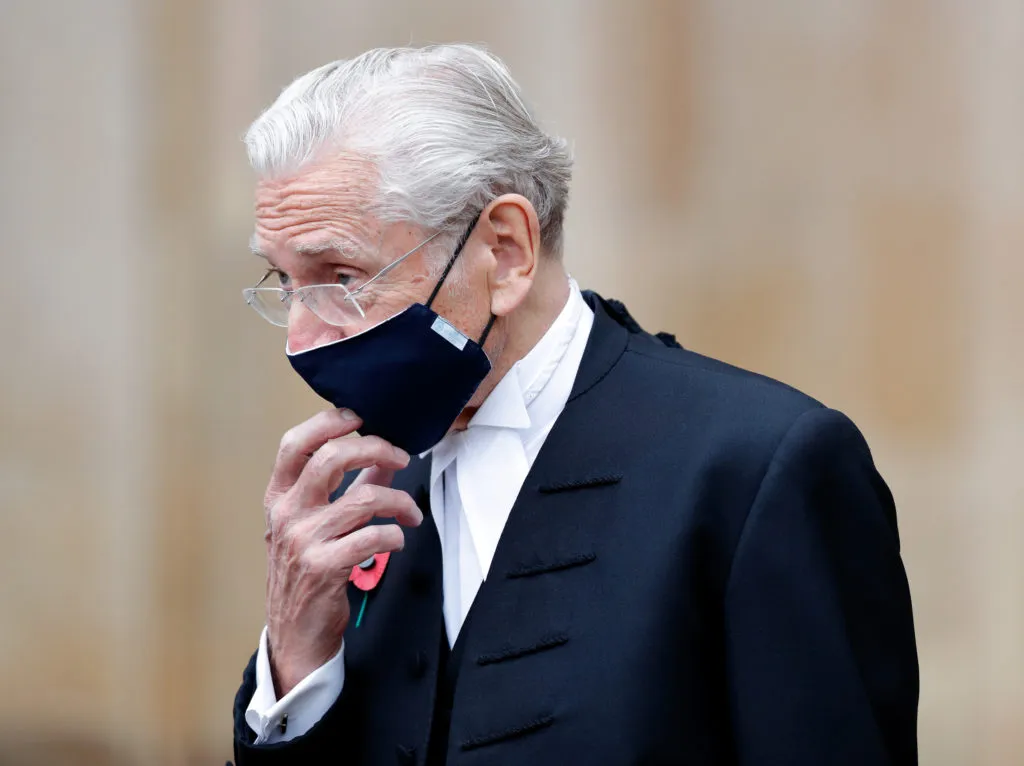Margaret Thatcher was ‘neurotic’ about being associated with AIDS and ‘no great sympathy’, claims her health secretary

Margaret Thatcher. (In Pictures Ltd./Corbis via Getty)
Margaret Thatcher. (In Pictures Ltd./Corbis via Getty)
Margaret Thatcher was “neurotic” about the AIDS crisis that tore through Britain being associated with her prime ministership, her health and social services secretary has claimed.
Norman Fowler, who served during the Thatcher ministry from 1981 to 1987, was interviewed by the National HIV Story Trust (NHST), a charity that has sought to document and preserve the history of the decades-long AIDS epidemic.
In the interview released Monday (8 February), Fowler said the late Thatcher “and her party chairman, Norman Tebbit […] were both neurotic about getting too associated with [AIDS] and too associated sometimes with the people in it.”
For her critics, Thatcher was seen as a slow-moving leader during the lethal AIDS epidemic that claimed the lives of thousands of Britons. One that seemed to struggle to separate the cataclysmic crisis from her discomfort with queer sex as well as her wonky concerns over “morality”.
Fowler described how the Conservative Party leader was worried about the rocketing rates but held “no great sympathy for the subject.
“I don’t think AIDS actually appears in her autobiography.”
Norman Fowler sparred with Margaret Thatcher over the ‘Don’t Die of Ignorance’ campaign
Fowler, facing off this sluggishness, signed off the famous ‘Don’t Die of Ignorance‘ public health campaign which was pivotal in the fight against HIV.
The so-called ‘Tombstone’ campaign included warnings that “men who have sex with other men” were most at risk of AIDS. Accompanying television adverts showed startling images of tombstones and icebergs to express the severity and urgency of the unfolding crisis.
Such gruff visuals are ones that Fowler will “not apologise remotely for”, shrugging off criticism at the time that the campaign was too dramatic.
“You needed the attention of the public, and we got the attention of the public – no question about that.”

Lord Norman Fowler, The Lord Speaker. (Max Mumby/Indigo/Getty Images/Pool)
But the campaign weathered resistance from the premier, the 83-year-old said. Fowler also told the NHST that Thatcher left health officials nettled by her objections to the campaign.
“Right from the beginning, Margaret was a sceptic about having this major campaign,” Fowler reflected, “on the dangers of contracting HIV and how you could avoid it.
“There was a section in [the leaflet] on risky sex and Margaret came back on it and said: ‘Do we really need to have this thing on risky sex?’
“Well, as the whole point of it was to warn people about it, it seemed to me that it was essential to have that in.”
He added: “Her concern was – it’s always seemed to me a bit odd – that we were teaching people, telling people things about which they didn’t know – the implication being that, once they knew it, then they would go out and experiment.
“Well, as this was exactly the opposite of our message, it did seem to me curious.”
The Lord Speaker of the upper House of Lords continued: “She was just wrong on that. [There was] absolutely no evidence that that took place.”
He vastly refused to heed the warnings from Thatcher that his attempts to address the epidemic would have him labelled the “minister for AIDS“.

